Welcome to the WTSA Newsroom — a global hub for sensory science, wellness, advocacy, cross-modal creativity, and the future of perception.
Our mission is to advance well-being and sensory awareness through interdisciplinary storytelling, research, advocacy, and innovation. We believe that taste and smell are not just biological senses — they are portals to memory, identity, healing, and connection.
We invite submissions from scientists, clinicians, chefs, perfumers, flavorists, technologists, artists, farmers, philosophers, and storytellers who explore the world through the senses.
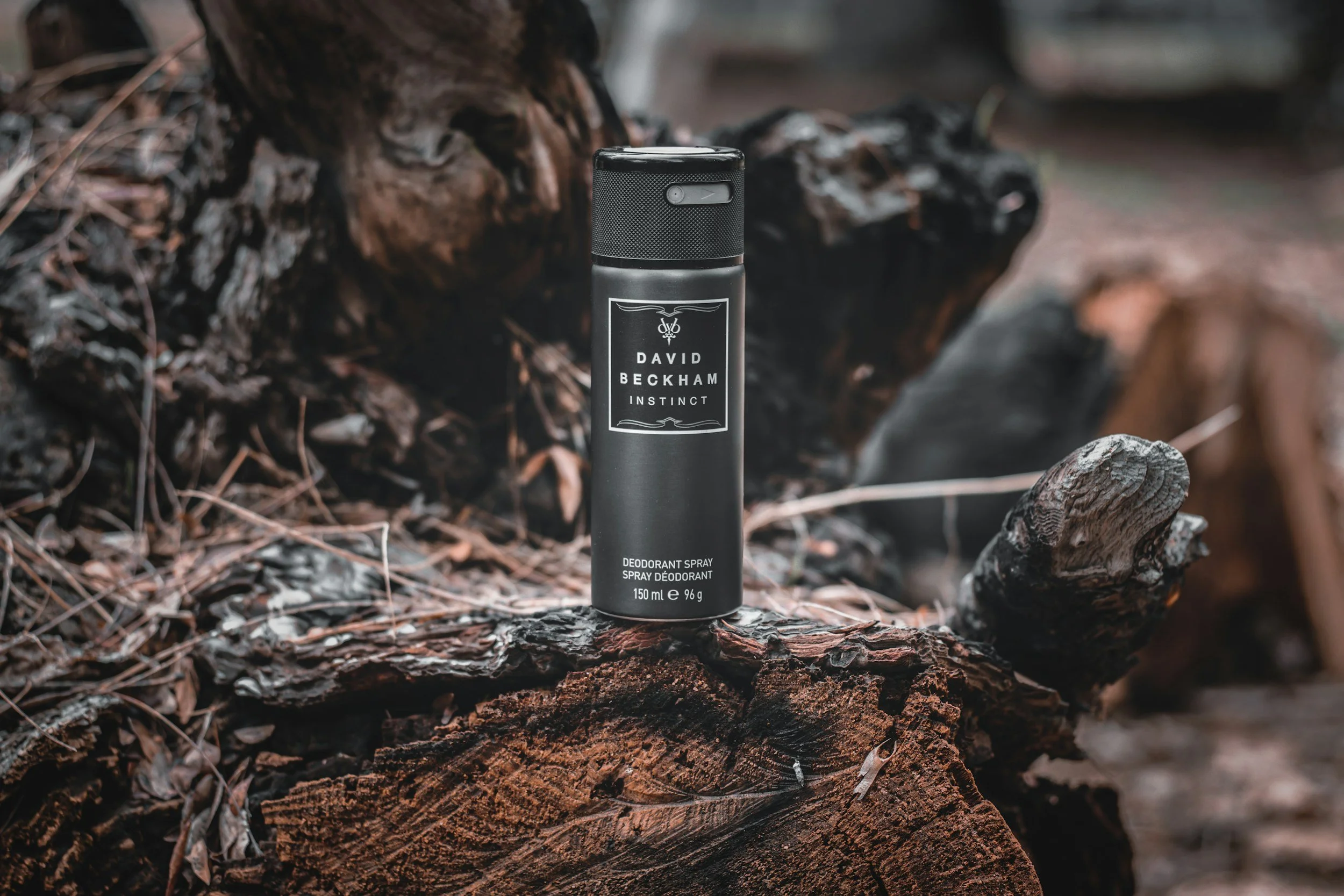
The Phantom Stench: When the Nose Knows Too Much
Most of us do a quick sniff test or ask a partner for reassurance. But what happens when you’re certain you smell bad—even when no one else can detect it?
Avery Gilbert dives into the fascinating (and often heartbreaking) world of Olfactory Reference Syndrome (ORS)—a little-known but increasingly studied disorder where sufferers are convinced they emit foul odors, despite no physical cause.

Multisensory Congruency Strengthens Olfactory Training
A recent study in Chemical Senses found that when participants experienced congruent multisensory stimulation (e.g., taste + smell), their perception of “likeness” was enhanced. In contrast, incongruent cues weakened perception. Interestingly, gustatory co-stimulation exerted a stronger influence than visual pairing, suggesting that cross-modal taste–smell integration has particular power in shaping how we learn and interpret odors.

Retronasal Odors and the Brain: A Shared Neural Code for Flavor
A new study published in Nature Communications demonstrates that retronasal odors alone — without concurrent taste stimulation — can activate flavor-specific neural coding in the human insula, the brain region that integrates sensory, emotional, and cognitive information. This finding shows that aromas can be processed as “flavors” before reaching the frontal cortex, underscoring the central role of retronasal olfaction in how we perceive taste.

Tasting with Your Nose: Brain Imaging Reveals Role of Retronasal Olfaction
A new study provides a possible explanation for why we sometimes experience taste from smell alone.
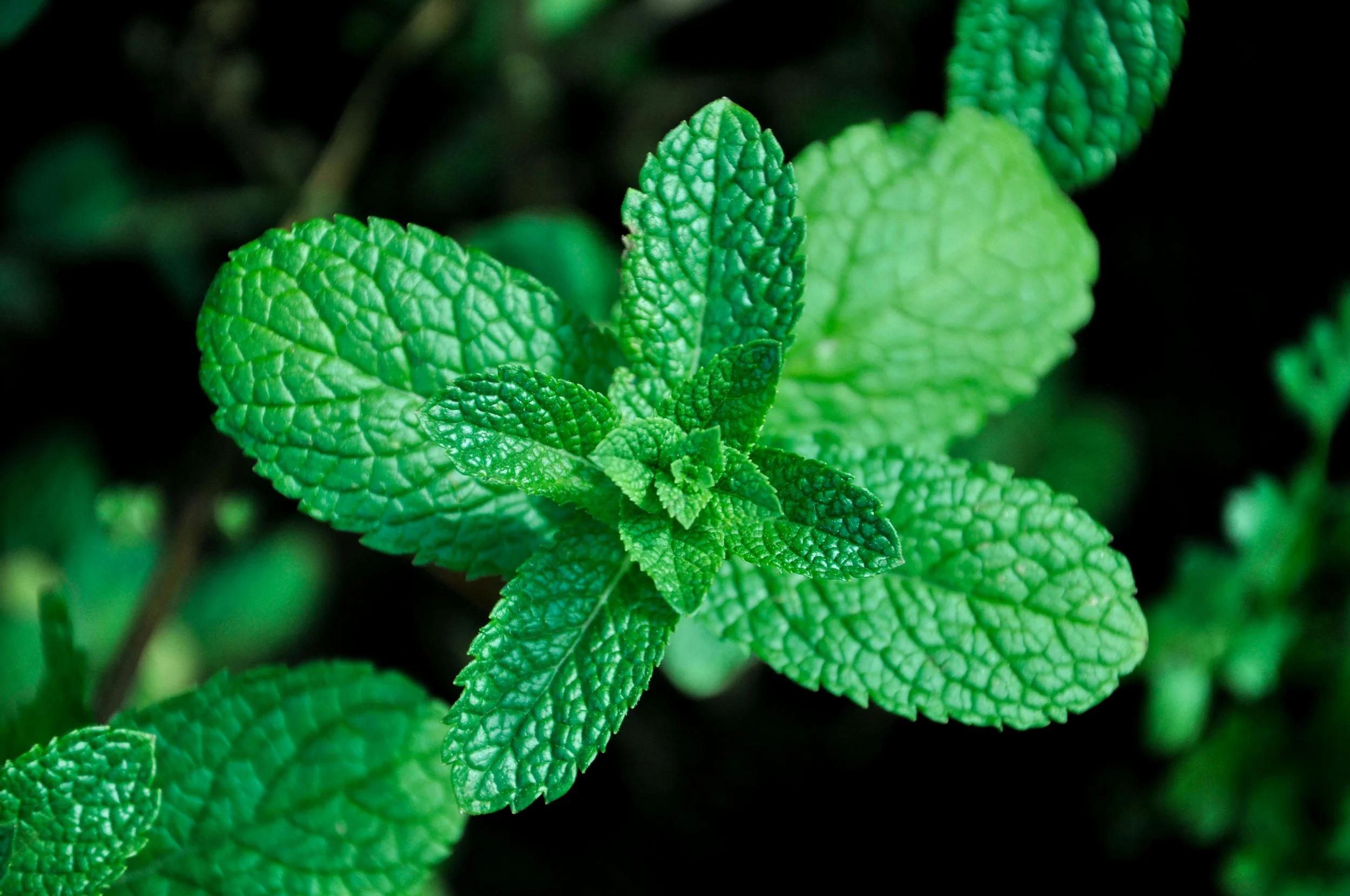
Sniffing Menthol May Improve Cognitive Function in Alzheimer's Disease
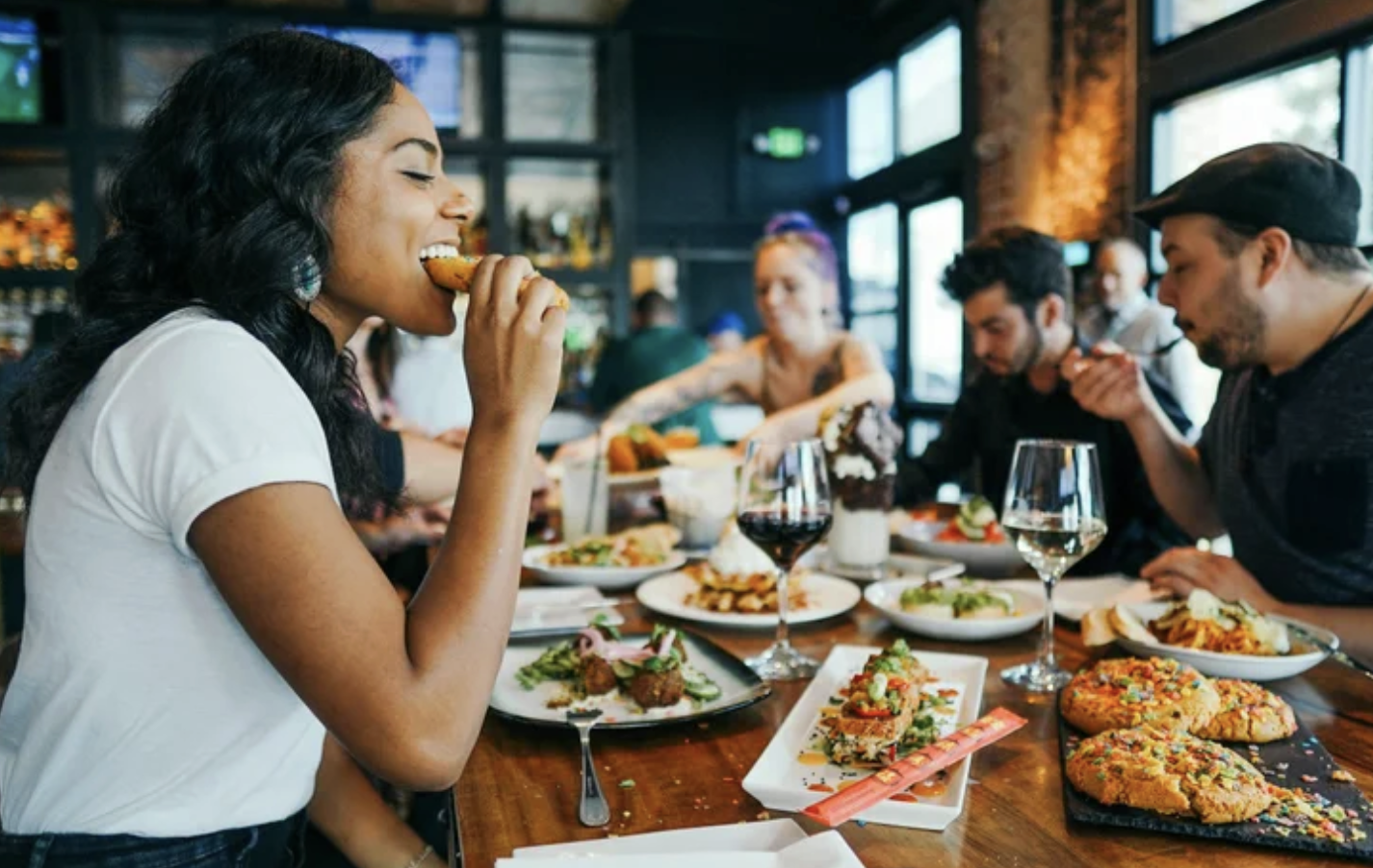
September 14 is World Taste & Smell Day

Beyond the Scroll
From the invention of movable type to the endless cascade of TikToks and Reels, our senses have been battered by abundance. More channels. More inputs. More noise. Each new medium promised enrichment, but each also demanded something in return: our focus.

Memory on the Tongue: How Taste, Smell, and Nostalgia Can Nourish us as we age
As we age, it’s common to experience a decline in olfactory (smell) and gustatory (taste) function. Nearly one in three adults over 65 report some degree of sensory loss. This isn’t just an inconvenience—it’s a public health issue.

Music to Eat Chocolate By
The pleasure of flavor can be enhanced by engaging other senses
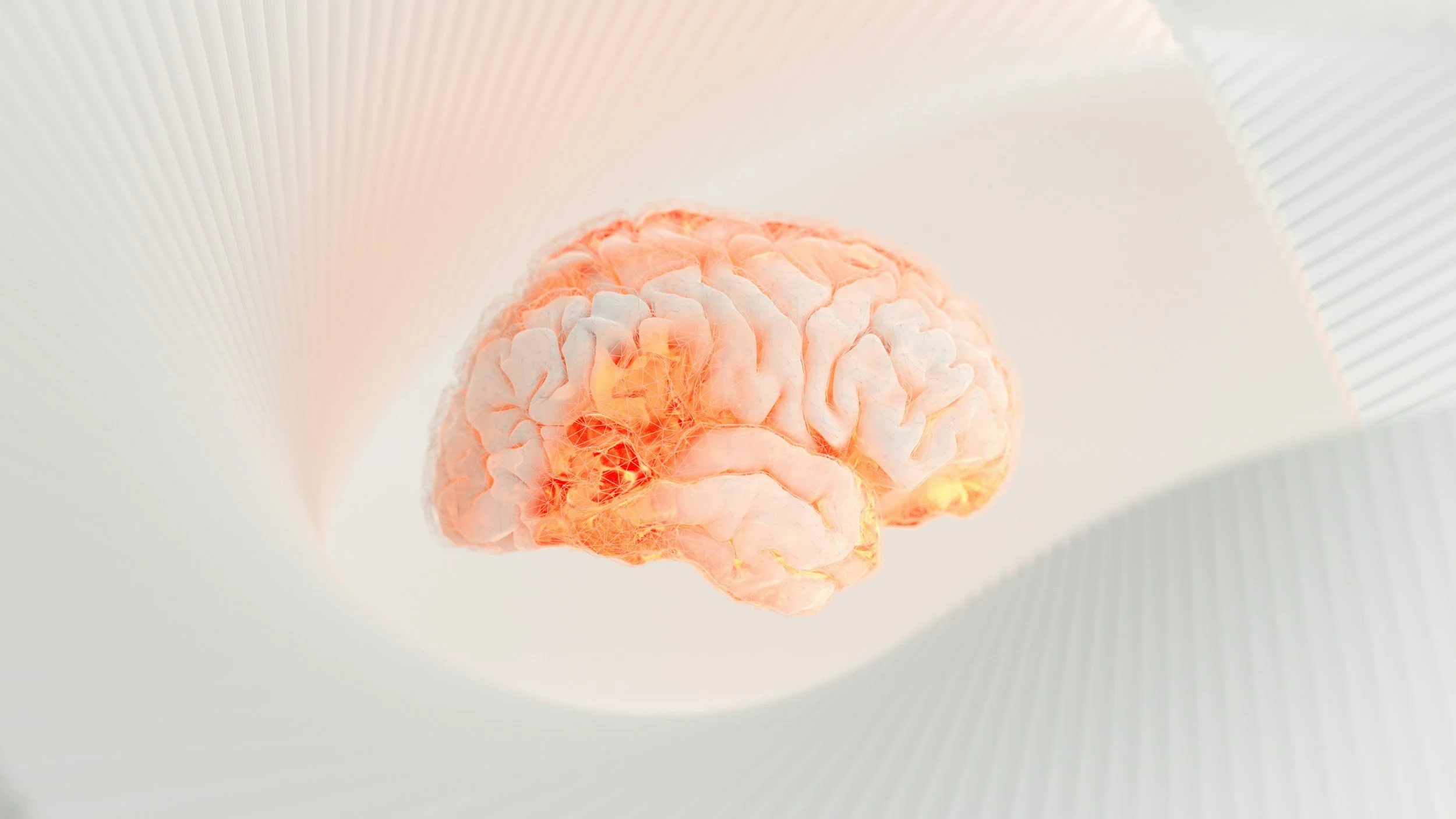
Taste, Smell, and the Future of Brain Health
September is World Taste & Smell Month, a time to celebrate the senses that shape how we enjoy food, connect with others, and make sense of the world around us. But taste and smell are more than just pleasures — they are vital to our health, safety, and even early warning signs of what’s happening inside our brains.

Radio Waves Shown to Amplify Sense of Smell
RF stimulation has great potential for olfactory dysfunction treatment and management

What Is the Parkinson’s National Day of Action?
On Tuesday, September 9, 2025 during World Taste & Smell Month, the Parkinson’s community will come together to call on Congress and state lawmakers to invest in science and accelerate the path to transformative treatments.
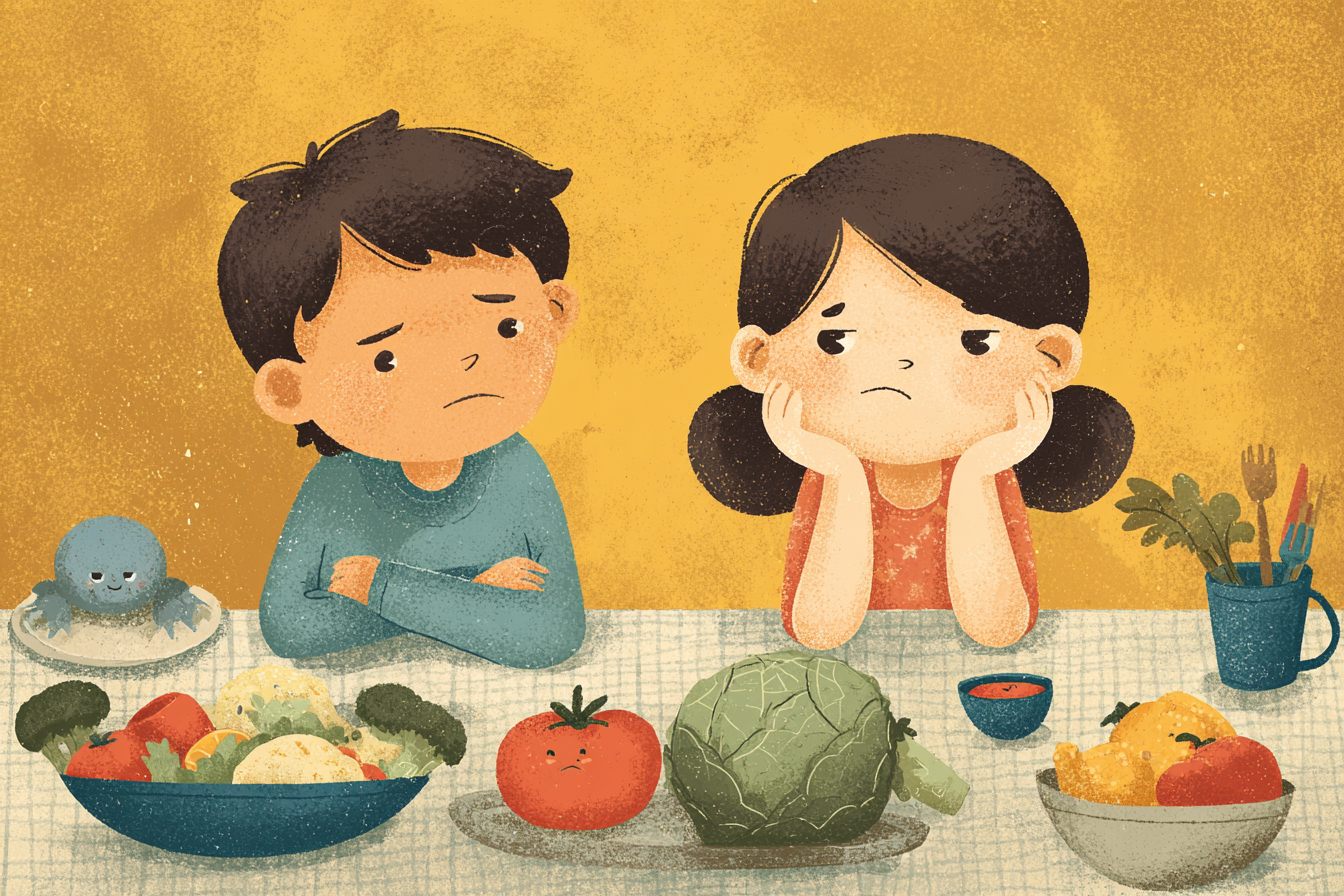
Bitter “Supertaster Gene” May Shape Your Diet — and Your Health
Why do some people find broccoli unbearably bitter while others love it? The answer may lie in a common taste gene known as TAS2R38, nicknamed the “supertaster gene.”

From SoulCycle to Smell Cycle: NYC’s Next Optimization Craze
Research shows that rosemary, peppermint, lavender, and even yuzu can measurably impact focus, memory, stress, and mood. In a world obsessed with optimization, maybe the smartest edge isn’t another app or latte… it’s the air we breathe.

Some Causes of Dysgeusia - That Bad Taste in Your Mouth
While some healthcare providers might deem a taste disturbance as trivial, it is important to explore this symptom as it impacts an individual's quality of life.
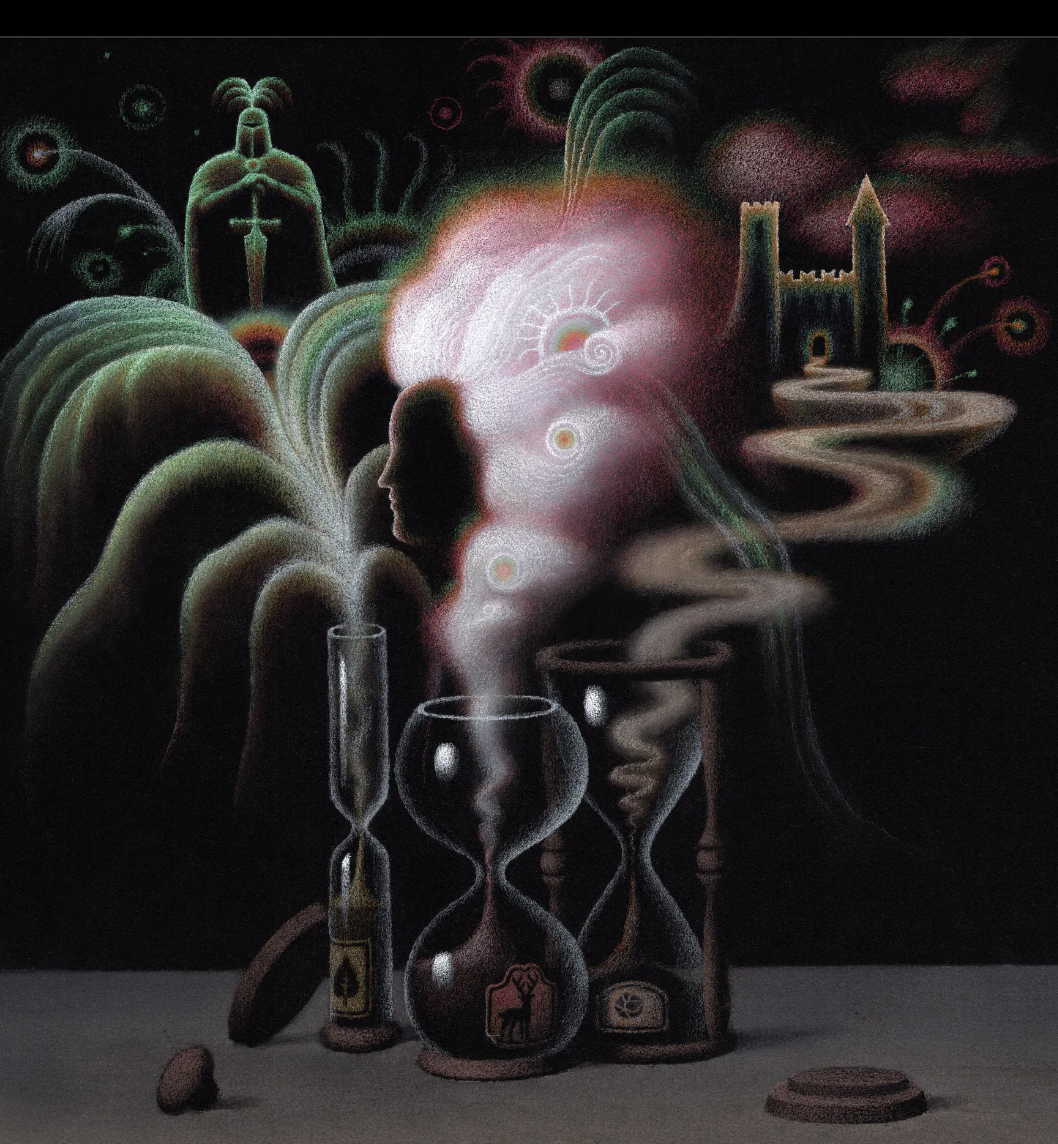
Exploring Scents as Historical Storytelling
Tasha Marks, a London-based scent designer and founder of AVM Curiosities, collaborates with institutions like the British Library and the V&A Museum to recreate historically accurate smells—ranging from medieval beauty scents and hair perfumes to the personal aroma of figures like Marie Antoinette. Her work relies on historical records, archival recipes, and modern scientific tools, sometimes requiring creative improvisation.

Anosmic Adults Wanted for ONLINE SURVEY ABOUT FOOD VIVIDNESS
This study aims to explore how language influences the sensory aspects of eating experiences.
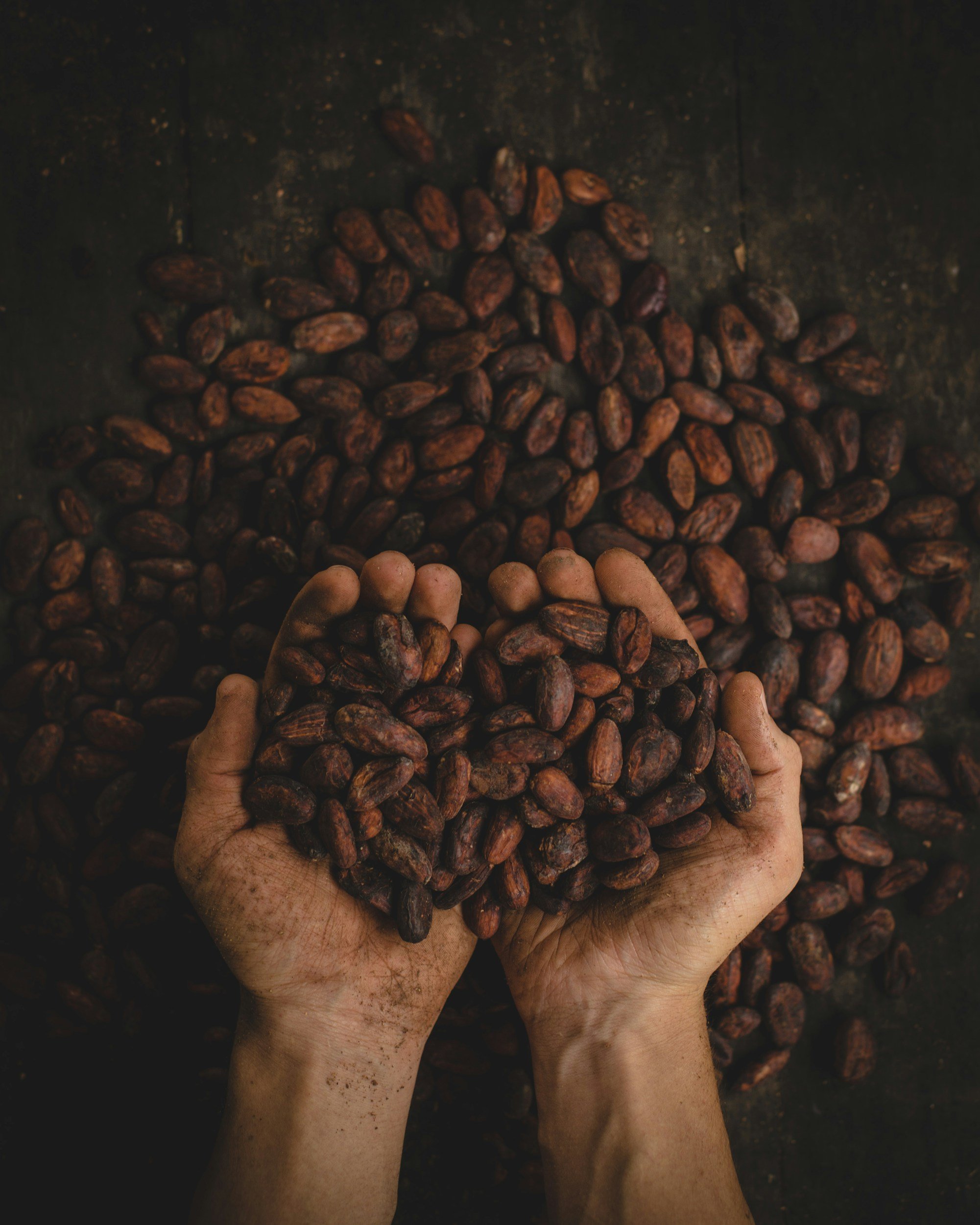
The Sacred Ritual of Chocolate: Why Your Daily Square Is Actually a Wellness Practice
Discover the cognitive benefits of dark chocolate, including improved memory and brain function. Learn how chocolate flavanols support mental health and why mindful chocolate consumption is a wellness practice.

The Silent Health Crisis Affecting 1 in 3 People: Why Taste and Smell Loss Demands Urgent Action
The World Taste & Smell Association spotlights sensory loss as a public health crisis. 1 in 3 will face taste or smell dysfunction. Join the global movement for sensory health. Learn more at TasteAndSmell.org. #TasteAndSmellDay

The Honey Lie We Can’t Stop Telling Ourselves 🐝
From the placebo-driven myth of allergy relief to the widespread issue of honey adulteration (hello, corn syrup and global laundering), this article unpacks how marketing, misinformation, and wishful thinking keep the “health halo” around honey alive.
It’s time to question sweet assumptions. Especially in wellness, food, and functional nutrition spaces—critical thinking matters more than ever.




